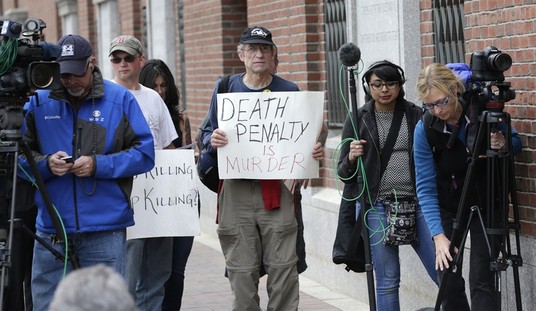On Wednesday, an Iowa district court ruled that the University of Iowa had violated the rights of Christian student group Business Leaders in Christ (BLinC) by refusing to allow the group to restrict its leadership to those who agreed to uphold biblical sexual morality. The court awarded BLinC $1 in nominal damages and prohibited the university from enforcing a Human Rights Policy against the Christian group.
“We are grateful the court protected our rights today — to let us have the same rights as all student groups to express our viewpoints freely on campus and to be who we are,” BLinC President Jake Estell said in a statement. “This victory reinforces the commonsense idea that universities can’t target religious student groups for being religious.”
The court ruled that the university had engaged in viewpoint discrimination against the Christian student group, violating its First Amendment rights to free speech, expressive association, and free exercise of religion.
The university claimed BLinC violated its Human Rights Policy by restricting leadership to those who agreed with these statements (among others):
We believe God’s intention for a sexual relationship is to be between a husband and a wife in the lifelong covenant of marriage. Every other sexual relationship beyond this is outside of God’s design and is not in keeping with God’s original plan for humanity. We believe that every person should embrace, not reject, their God-given sex.
The university claimed that the Christian group was discriminating against people on the basis of their sexual orientation, but this statement of faith involves belief statements, not identities.
The Christian group countered by pointing to other student groups that are allowed to restrict their leadership according to the organization’s viewpoint. “These groups include Love Works, which requires leaders to sign a ‘gay-affirming statement of Christian faith’; … House of Lorde, which implements membership ‘inteview[s]’ to maintain ‘a space for Black Queer individuals and/or the support thereof’; the Chinese Students and Scholars Association, which limits membership to ‘enrolled Chinese Students and Scholars,” and others.
“This is ultimately BLinC’s targeting claim: the University’s actons—deregistering BLinC by selectively enforcing the Human Rights Policy—reflected ‘animus’ (i.e., a negative judgment) toward BLinC’s religious beliefs,” the court wrote.
The case began in 2016, when Marcus Miller approached BLinC leadership, desiring to join the executive board. Miller refused to pledge abstinence from sexual activity outside of traditional marriage, identifying himself as gay and saying he planned to pursue a same-sex relationship.
“BLinC maintains it rejected Miller because his religious views on sexual relationships conflicted with those of the group; [university officials] assert Miller was rejected because of his status as a gay man,” the court wrote. “Ultimately, this issue is not material to the outcome of this case.”
Instead, the university lost because it applied a double standard against BLinC, and its restrictions on the Christian group did not satisfy the standard of “strict scrutiny.”
In the legal battle, the university kicked no fewer than 38 student groups off campus. In addition to BLinC, another Christian group, InterVarsity Christian Fellowship, also sued the University of Iowa in a similar ongoing case.
“The university wanted a license to discriminate, and Judge Rose said no way,” Eric Baxter, vice president and senior counsel at the Becket Fund for Religious Liberty, which represents BLinC, said in a statement.
“This ruling is a win for basic fairness, but it is also an eloquent plea for civility in how governments treat Americans in all their diversity. As a governmental body bound by the First Amendment, the university should have never tried to get into the game of playing favorites in the first place, and it is high time for it to stop now,” Baxter concluded.
As of Thursday, the university has not made it clear whether or not it will appeal the case.
Follow the author of this article on Twitter at @Tyler2ONeil.









Join the conversation as a VIP Member